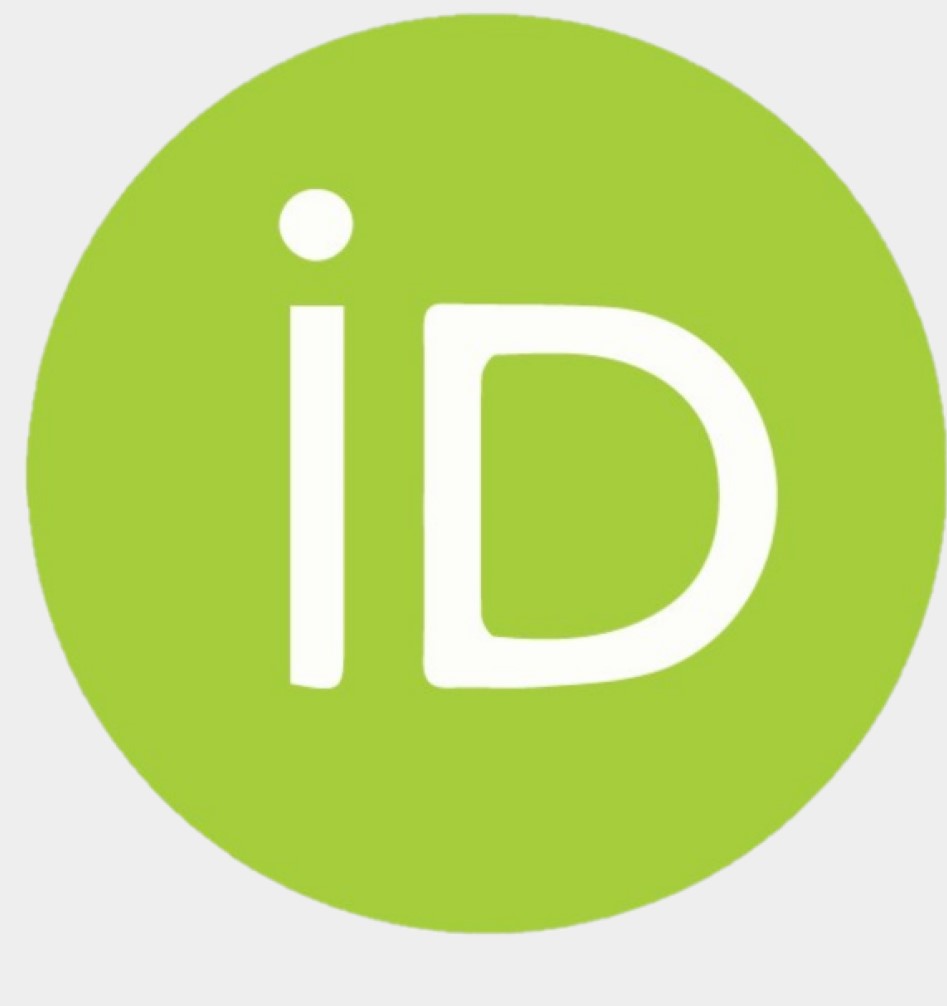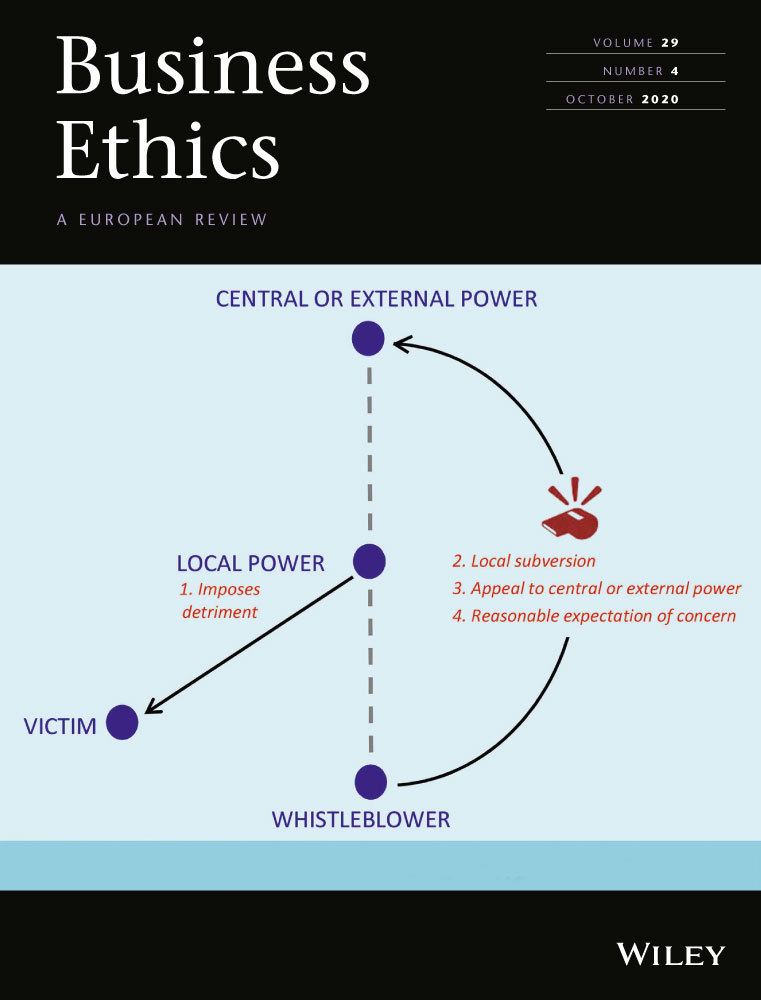|
Autors/es
García-Blandón, Josep ; Castillo-Merino, David ; Castillo-Merino, David ; Argilés-Bosch, Josep Maria; Ravenda, Diego ; Argilés-Bosch, Josep Maria; Ravenda, Diego
|
Abstract
After the approval of a code of ethics, the creation of a permanent board‐level ethics committee is the next step in the institutionalization of business ethics. This study explores how the board's structure and demographic characteristics explain the decision to form an ethics committee. The analysis is based on the constituents of the Standard and Poor's Europe 350 index. Consistent with our hypotheses, we find that ethics committees are more likely to be found in firms with a lower presence of executive directors and of directors holding MBA degrees. However, we also observe that boards chaired by executive directors seem to favor the creation of an ethics committee. Additionally, as we had anticipated, firms with stronger agency conflicts seem to be more willing to create committees. The analysis conducted with segmented samples reveals that the model has greater explanatory power when applied to firms from common‐law and French civil‐law countries than when applied to firms from the German–Scandinavian civil‐law area. Finally, our results indicate that a firm's country of origin is a more influential factor in explaining the decision to create an ethics committee than the industry to which it belongs or even the magnitude of its agency conflicts.
|

WoS
Scopus
Altmetrics
 
|
|
Publicació
Business Ethics: a European Review, October 2020, v.29, n.4, p.824-841
|
